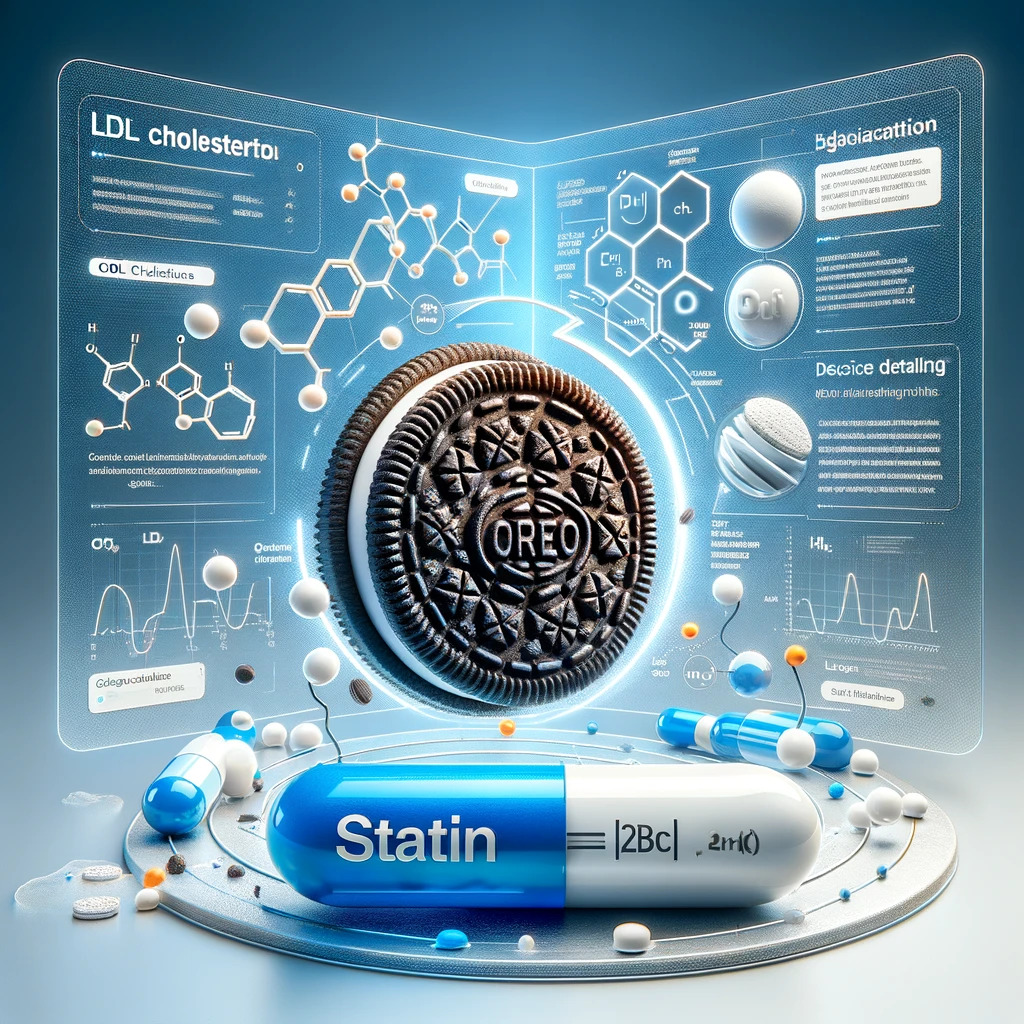Sweet Deception: Unraveling the Sugar Industry’s Influence on Heart Disease Research and Dietary Guidelines

The intersection of heart disease research, the influence of the sugar industry, and the role of Harvard researchers in the mid-20th century present a complex and influential chapter in medical history. This period saw significant advancements in understanding heart disease, one of the leading causes of death globally. However, it was also a time marked by controversial scientific practices and industry influence.
In the 1950s and 1960s, the sugar industry was a burgeoning power, keen on protecting its market share amidst rising health concerns. During this period, scientists were making strides in identifying the dietary causes of heart disease. Fat and cholesterol were initially considered prime suspects. However, emerging research began to implicate sugar as well.
The involvement of Harvard researchers played a pivotal role in shaping the narrative. In 1967, Harvard scientists, including Dr. D. Mark Hegsted and Dr. Frederick J. Stare, published a seminal review in the New England Journal of Medicine. Notably, this publication significantly downplayed sugar’s role in heart disease, focusing instead on the risks of fat and cholesterol. It later came to light that the Sugar Research Foundation (SRF) had funded this review, although this financial tie was not disclosed in the publication.
The review by Hegsted and Stare had far-reaching consequences. It influenced the scientific community’s view on dietary risks for heart disease and shaped public opinion. As a result, dietary guidelines shifted focus away from sugar and towards reducing fat and cholesterol intake. This shift had a profound impact on the food industry, with low-fat products becoming increasingly prevalent.
D. Mark Hegsted’s career trajectory further illustrates the intertwining of industry interests and public health policy. After his work at Harvard, Hegsted became a key figure in the development of the 1977 Dietary Goals for the United States, which later evolved into the U.S. Dietary Guidelines. These guidelines emphasized reducing fat intake, a recommendation that paralleled the interests of the sugar industry.
The long-term impact of these developments is significant. For decades, the vilification of fats led to an increase in sugar consumption, as many low-fat products compensated for flavor loss with added sugars. This shift has been linked to the rise in obesity and metabolic diseases, including heart disease.
Over the past several decades, following the dietary shift from fats to sugars, there has been a notable increase in the rates of heart disease and cancer. Statistics indicate that heart disease and cancer rates have risen by approximately 30%. This increase is often attributed to changes in dietary patterns, where increased sugar consumption plays a significant role, highlighting the long-term impact of dietary guidelines and public health policies on overall health trends.
In retrospect, the events of this era underscore the importance of transparency and the potential for conflicts of interest in scientific research. They highlight how industry funding can steer public health policy and dietary guidelines, sometimes to the detriment of public health. The legacy of this period is a reminder of the need for rigorous, unbiased research and the critical evaluation of scientific findings, especially when they inform public policy and health recommendations.
Today, the scientific community and policymakers are more aware of the complexities of dietary influences on heart disease. There is an increased emphasis on the multifactorial nature of dietary risk factors, including the role of sugars, fats, and other nutrients. This more nuanced understanding is crucial in developing effective public health strategies to combat heart disease, reflecting lessons learned from the past.
In conclusion, the story of the sugar industry’s influence on heart disease research is a cautionary tale about the intersection of science, industry, and public health. It serves as a reminder of the responsibility that researchers, policymakers, and industries bear in ensuring the integrity of scientific research and the well-being of the public.
Join our new Facebook group register a free account on this website and be a contributor!







Responses